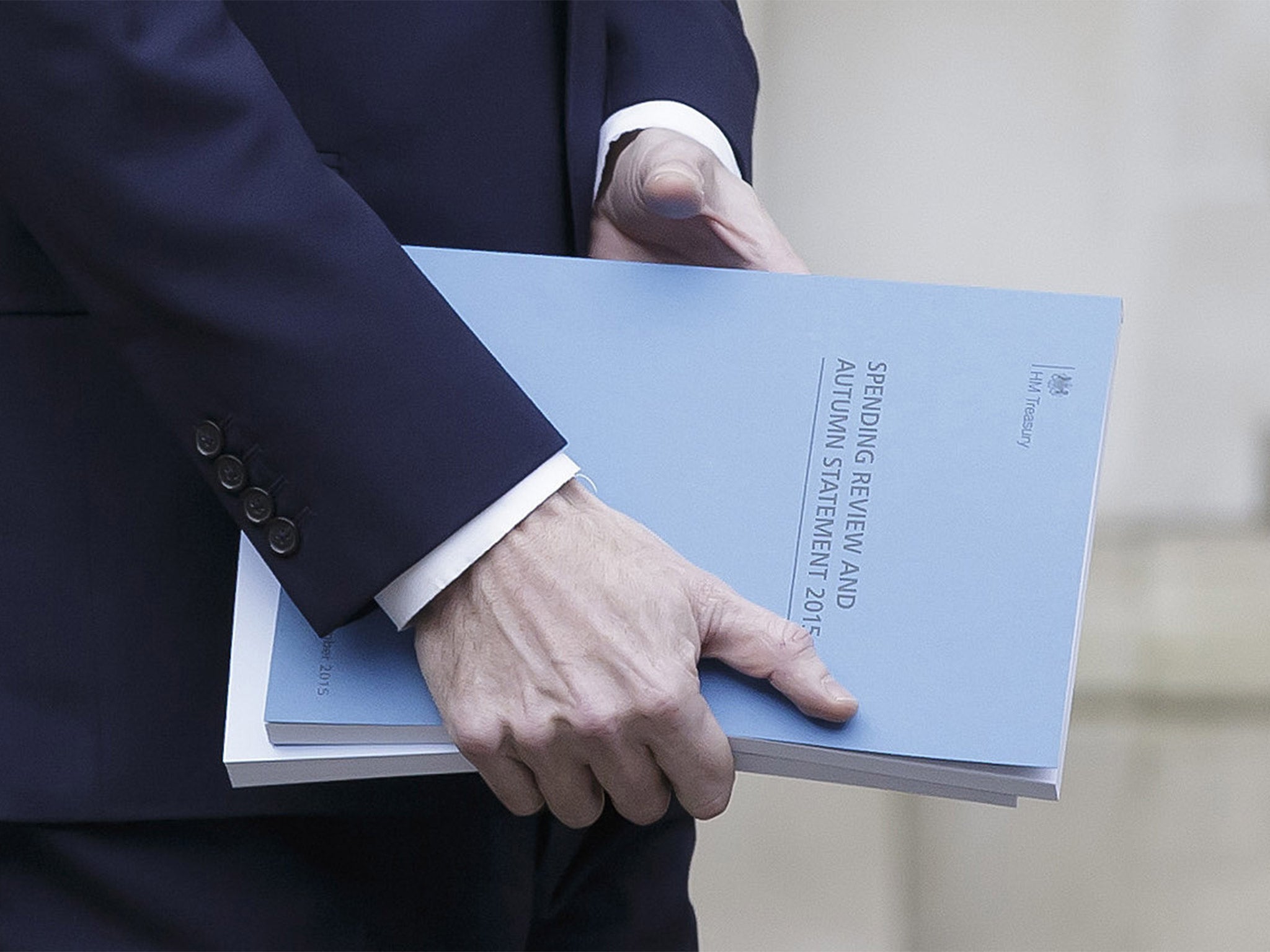Autumn Statement: Authorities told to sell assets to fund everyday spending
Changes will allow authorities to use all the money raised from such sales to fund to maintain services

Local authorities in England have been ordered to sell off property and assets - including the shops, pubs and golf courses they own – and spend millions of pounds raised on day-to-day services.
A landmark change in the Autumn Statement will allow authorities to use all the money raised from such sales to fund to maintain services being squeezed by cuts in government grants to town halls. At present, councils can spend the proceeds only on buying other assets, not on services.
Treasury officials said authorities currently own property worth about £1 trillion, including 6,000 shops, 350 pubs and 298 golf courses. One even owns a cinema. But senior council officials warned that the sell-off would be a short-term fix rather than a long-term funding solution.
George Osborne said his move would allow local authorities to spend the same amount in cash terms in 2020 as now, while keeping council tax bills below their 2010 level in real terms. However, when inflation is taken into account, this amounts to a cut of 1.7 per cent a year in town hall spending by 2019-20. The Treasury insisted stressed that this is lower than the 2.3 per cent average annual reductions between 2010 and 2015.
Authorities will also be urged by the Government to draw on their reserve funds- which grew by nearly £10bn between 2010 and 2015 - to fund services, but will not be compelled to do so.
The Chancellor described the shake-up as "a revolution in the way we govern this country". He confirmed plans to abolish the uniform business rate and allow councils to keep all the revenue from future increases in business rates in their areas. Authorities will be able to cut the rate to attract employers to their area, and elected mayors allowed to increase it to fund infrastructure projects supported by local businesses.
Mr Osborne told the Commons the reforms would allow the system of government grants to town halls to be phased out over the course of the five-year parliament. He set aside £12bn for the Local Growth Fund and announced the creation of 26 new or extended enterprise zones, including 15 in small towns and rural areas including Carlisle, Dorset and Ipswich.
Mark Rogers, president of the Society of Local Authority Chief Executives and Senior Managers, said retaining 100 per cent of asset sales would not make local services sustainable in the long term. He warned: “Without more fundamental change to how local services are paid for and provided, the support individuals and communities receive in many areas will be drastically curtailed.”
Alex Thomson, chief executive of the local government think tank Localis, said: “Asking local authorities to use capital reserves and assets to continue providing services is short-sighted. It is prudent for all organisations to have some reserves to balance out variations in cash flow. They are not a sustainable source of funding, especially for local authorities for whom they would cover just a few months of expenditure. On assets, local authorities might be better placed to redevelop their land and property to generate long-term revenue streams rather than one-off receipts.”
Subscribe to Independent Premium to bookmark this article
Want to bookmark your favourite articles and stories to read or reference later? Start your Independent Premium subscription today.

Join our commenting forum
Join thought-provoking conversations, follow other Independent readers and see their replies